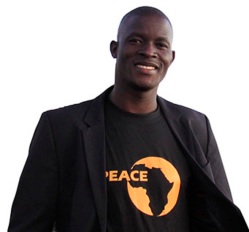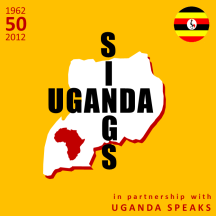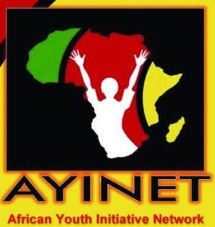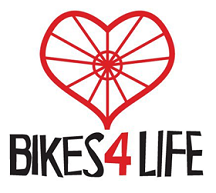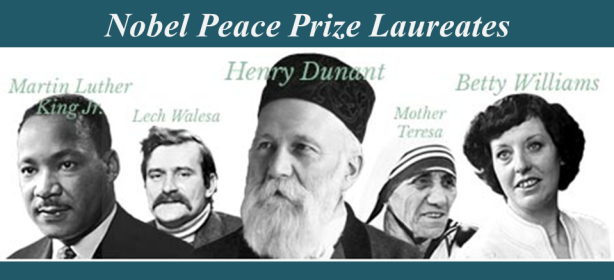Referred to by
Time Magazine as “the world’s conscience”,
Jan Egeland served as the United Nation’s under-secretary general for humanitarian affairs and emergency relief chief from 2003 to 2006. He has first-hand experience with the impact of natural disasters, civil wars in Africa, crises in the Middle East, and “forgotten conflicts” across the globe. Egeland has personally confronted warlords and guerilla leaders and has been a tireless voice for the disenfranchised of the world.
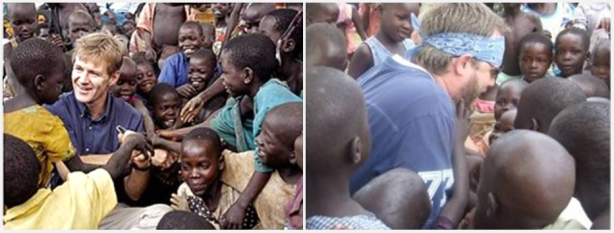
Jan Egeland and Michael Kirkpatrick with Acholi children in Internally Displaced Persons camps in Uganda.
Jan Egeland served as director of the Norwegian Institute of International Affairs and is currently the Secretary General of the Norwegian Refugee Council. He has written numerous articles on conflict resolution and humanitarian concerns. His book, “A Billion Lives: An Eyewitness Report from the Frontlines of Humanity”, offers an up-front account of his efforts to negotiate an end to conflict in some of the most tumultuous situations.
One of the world’s longest and most tragic conflicts happened in the northern region of Uganda. For over 20 years, the Acholi people were victimized by a brutal war that pitted rebel insurgents called the Lord’s Resistance Army against the Ugandan government. Thousands of innocent civilians were killed and mutilated, children were abducted, forced to kill, tortured, and sexually abused.
Jan Egeland documents his clandestine meeting with the leader of the Lord’s Resistance Army, Joseph Kony, in his book. Chapter 9 is titled “Uganda’s Twenty Thousand Kidnapped Children.” The 18 pages also recount his meeting with the President of Uganda, Yoweri Museveni.
Egeland’s travels to war ravaged northern Uganda enabled him to witness the horrible conditions of the Internally Displaced Persons camps that were created by the Ugandan government. What he saw caused him to proclaim, “I cannot find any other part of the world that is having an emergency on the scale of Uganda that is getting so little international attention” and to describe the situation as “the world’s most neglected humanitarian crisis”.
These quotes have been used by hundreds of organizations and people to raise awareness of the desperate problems in northern Uganda. In June 2007 and December 2007, I traveled to northern Uganda at the invitation of my Acholi friends. I saw for myself what Jan Egeland described in his book.
The international community has finally responded to the call for help. However I have come to question the effectiveness of government sponsored financial aid and the strategies of many aid organizations and charities.
My passion for Uganda has motivated me to learn as much as possible about the causes of such suffering and how the world can respond effectively. I have read many books about African socio-political and economic issues. I have researched organizations and individuals that are doing humanitarian work in Uganda.
I have also attended several presentations and speeches given by “experts” on these complex situations. The “experts” include celebrities, professors, and authors. The anticipation of learning something profound is usually met with disappointment by the time the “expert” is finished the presentation.
On March 12, 2008 I attended a World Affairs Council of Dallas presentation by Jan Egeland. I was skeptical about what I was about to hear from another “expert” on Africa. Egeland restored my passion. I was extremely pleased with his objective understanding of the issues and his honesty.
He is realistic and practical when it comes to discussing the obstacles to peace and conflict resolution. Egeland offers constructive criticism regarding the policies of large institutions and relief organizations. I had the opportunity to speak with him about some of my own experiences in northern Uganda. When I asked him about the picture on the cover of his book, he confirmed that the photograph was taken with several Acholi children at a camp in northern Uganda. I will never forget the faces of the children that I met on those remarkable journeys.
Please read “A Billion Lives: An Eyewitness Report from the Frontlines of Humanity“. I am convinced that Jan Egeland will win the Nobel Prize for Peace in my lifetime.
